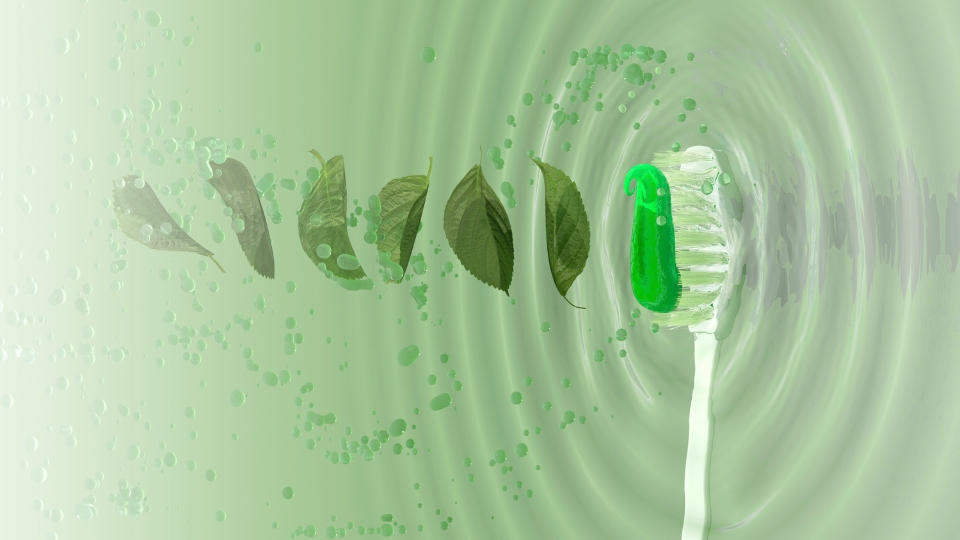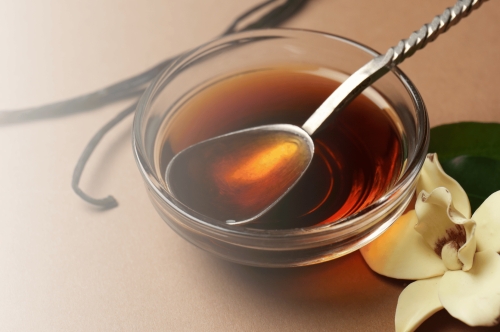6 Mint Oral Health Benefits: Boosting Hygiene Naturally

Mint, scientifically classified under Mentha, comes under the Lamiaceae family of herbs and there are approximately 25 species of it. Originally a herb found in the entire world’s temperate climate, mint has green leaves and stems that are four sided. The most popular ones include the peppermint (Mentha × piperita), spurge mint (Mentha spicata), and the wild mint (Mentha arvensis). Mint is also used in the kitchen as it creates an appealing taste and freshness to foods and various drinks. They are also used in perfume and herbal medicine to calm the nerves.
The use of mint in the products required for oral hygiene has been prevalent since the pre-teen years of the 20th century when pure mint flavor was first incorporated into toothpaste. For the lovers of packet teas, the key ingredient, which is menthol, creates a cooling effect which is associated with cleanliness and new tea packets. In addition to this sensation, it is realized that through persuasive marketing strategies, the flavor of mint was creating the perception that it should be used in dental care products. This made Mint maintain the market thicket while leading in the production of products which concealed the bitter taste of other elements such as the fluoride.
To this date, mint continues to dominate the market being the most used flavor for toothpaste, mouthwash, and other oral care products. Untainted by any health complications the minty taste and feel of sharp clean teeth gives it a wide acceptance in everyone’s dental regimes.
6 Oral Health Benefits of Mint
Mint added to your oral hygiene assumes greater importance because the substance is proven to have severable wholesome properties. These include the mint action of as an antibacterial and anti-inflammatory substance together with the nutritive value of the mint and aid in digestion, it shows the versatility of mint in enhancing mouth health. Below is a description of how you can use mint in oral hygiene and the benefits of doing so.
1. Antibacterial Properties
Mint has special antibacterial properties that help in the elimination of harmful bacteria within the mouth. These bacteria cause the formation of plaque and, if not controlled, lead to tooth decay, cavities included. It is recommended to use oral care products containing mint for instance; toothpaste and mouthwash to help eliminate the above mentioned harmful bacteria. It also helps in achieving a clean area around the teeth and does not allow different types of oral illnesses. Also, fresh and unprocessed mint leaves can be chewed or using a mint-flavored gum as it has a quick antibacterial element all through the day
2. Freshens Breath
Mint is popular in oral care products due to its characteristics which have a role in relieving bad breath. Menthol present in mint gives a cooling effect and has antimicrobial properties so it kills bacteria which is present in the mouth and causes bad breath. Besides functioning in combating the smells, mint when introduced in toothpaste, mouthwash, or chewing gum facilitates production of saliva which has the ability of clearing food and bacteria. Moreover, mint’s taste is recommended for oral hygiene products because it improves the users’ perception by making products that are used in the mouth taste better. The above properties make mint to be favorable and reliable in treating cases of bad breath.
3. Reduces Swelling and Gum Disease
Mint is widely used in oral care products due to its anti-inflammatory and antibacterial properties, which help reduce swelling and combat gum disease. Mint contains menthol, which has a cooling effect that soothes irritated gums and reduces discomfort.Its antimicrobial qualities help eliminate harmful bacteria in the mouth, preventing infections and promoting healthier gums. Regular use of mint-infused oral care products, such as toothpaste and mouthwash, can aid in reducing plaque buildup, which is a common cause of gum disease. Thus, mint not only freshens breath but also plays a crucial role in maintaining overall oral health.
4. Toothache Relief
Mint, being an antiseptic and offering refreshing flavor, is widely used in oral care products. Calms the area and takes some of the dental pain feeling relaxed. Moreover, the antimicrobial characteristics of mint hinder the formation of bacteria inside your mouth which in turn decreases chances that can cause toothache. There are numerous dental hygiene products like mouthwash, toothpaste which have mint as their common element and not only provide therapeutic benefits but also a fresh breath.
5. Provides Nutrients
The same refreshing flavor that makes mint a welcome ingredient in oral hygiene products boosts its appeal for all of the ways it can enhance nutrition. Mint is low in calories, abundant with nutritional vitamins A and C, which help strengthen your gum tissues along with fighting infections. It is a source of essential minerals such as calcium and phosphorus for healthy teeth, bones. Mint leaves are high in antioxidants which help reduce inflammation and improve oral health. The strong association of mint as an ingredient in oral care products can hence help result in healthier gums, teeth that are stronger and breath which is fresher.
6. Helps Digestion
Mint is popular in oral care due to its cool taste and antimicrobial properties. Because it kills bacteria in the mouth and leaves you with a fresh, clean feeling which On top of all the other benefits, mint helps numb pain which makes it a great relief for sore gums and toothaches. Mint also relaxes the muscles of the digestive tract, acts as a carminative (reducing gas) and can help with bile secretion which benefits digestion beyond oral care. Because it is believed to help aid digestion and reduce symptoms of indigestion, as well as irritable bowel syndrome (20), ginger has long been used in combination with other digestive herbs such should be taken before meals. In general, mint is a power-packed multi-purpose agent that enriches the oral hygiene and digestion at parallel.
Where To Buy Quality Mint Products
Looking to buy quality mint products like menthol and mint oils for use in oral care products can find a reliable source at Norex. Norex offers a range of high-quality mint derivatives, including menthol and mint oils, which are essential for creating effective oral care formulations. These products are carefully sourced and processed to ensure purity and potency, making them ideal for use in toothpastes, mouthwashes, and other oral hygiene products. By partnering with Norex, manufacturers can access premium mint ingredients that help enhance the efficacy and appeal of their oral care products.
Conclusion
To sum up, including mint in oral hygiene products significantly increases their effectiveness and attractiveness. Menthol found in mint possesses analgesic properties that bring down pain and inhibit inflammation; hence, it is important for alleviating gum problems and bad breaths leading to pleasant refreshing feeling during mouth care.
FAQs
- What are the most effective ways to use mint for oral health?
Use mint-infused toothpaste, mouthwash, and dental floss.
- Can mint replace my regular toothpaste or mouthwash?
Mint cannot fully replace toothpaste or mouthwash but can complement them for fresher breath and additional antimicrobial benefits.
- Are there any side effects of using mint for oral hygiene?
Overuse may cause oral tissue irritation or allergic reactions in sensitive individuals. Moderation is key to avoid potential side effects.
- How does mint compare to other natural remedies for oral health?
Mint is effective for freshening breath and has antimicrobial properties, similar to tea tree oil and clove, but less potent for toothache relief.
- Can chewing mint leaves help improve my oral health?
Chewing mint leaves can freshen breath and provide mild antibacterial effects, but it’s not a substitute for regular dental hygiene practices.












